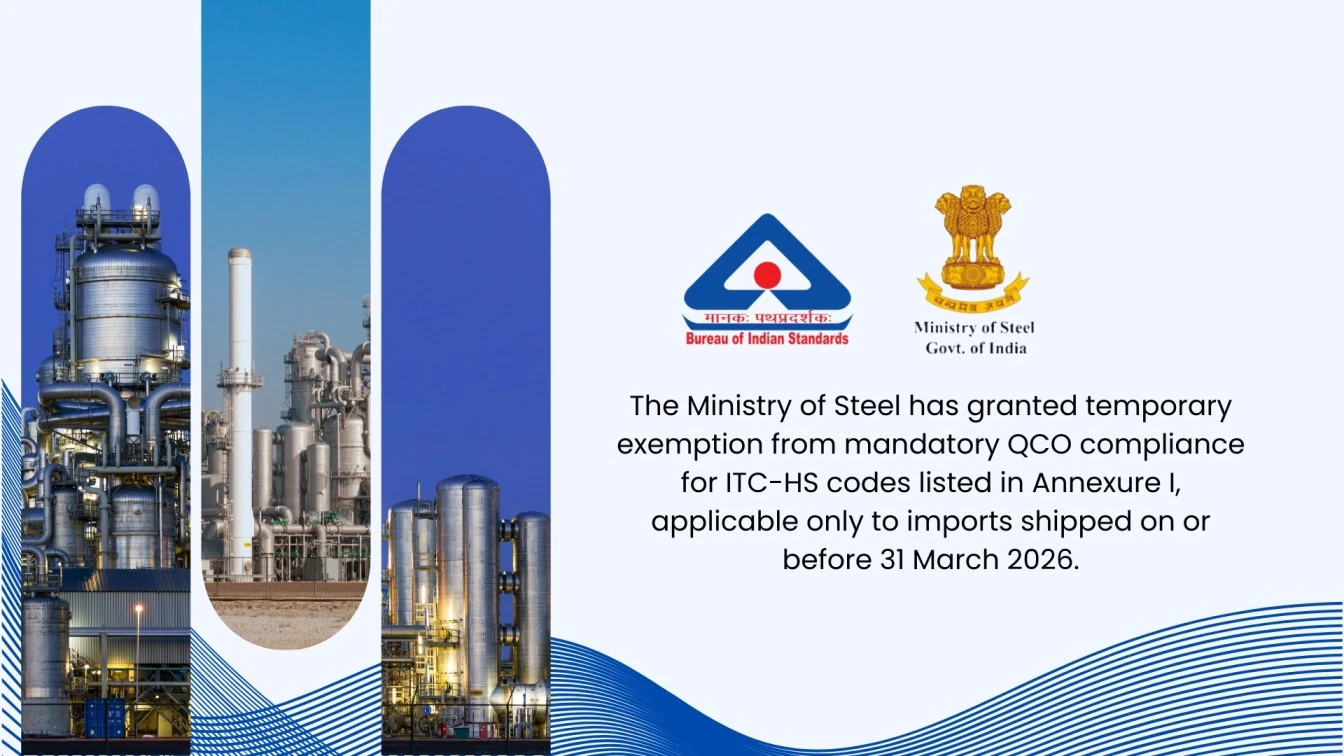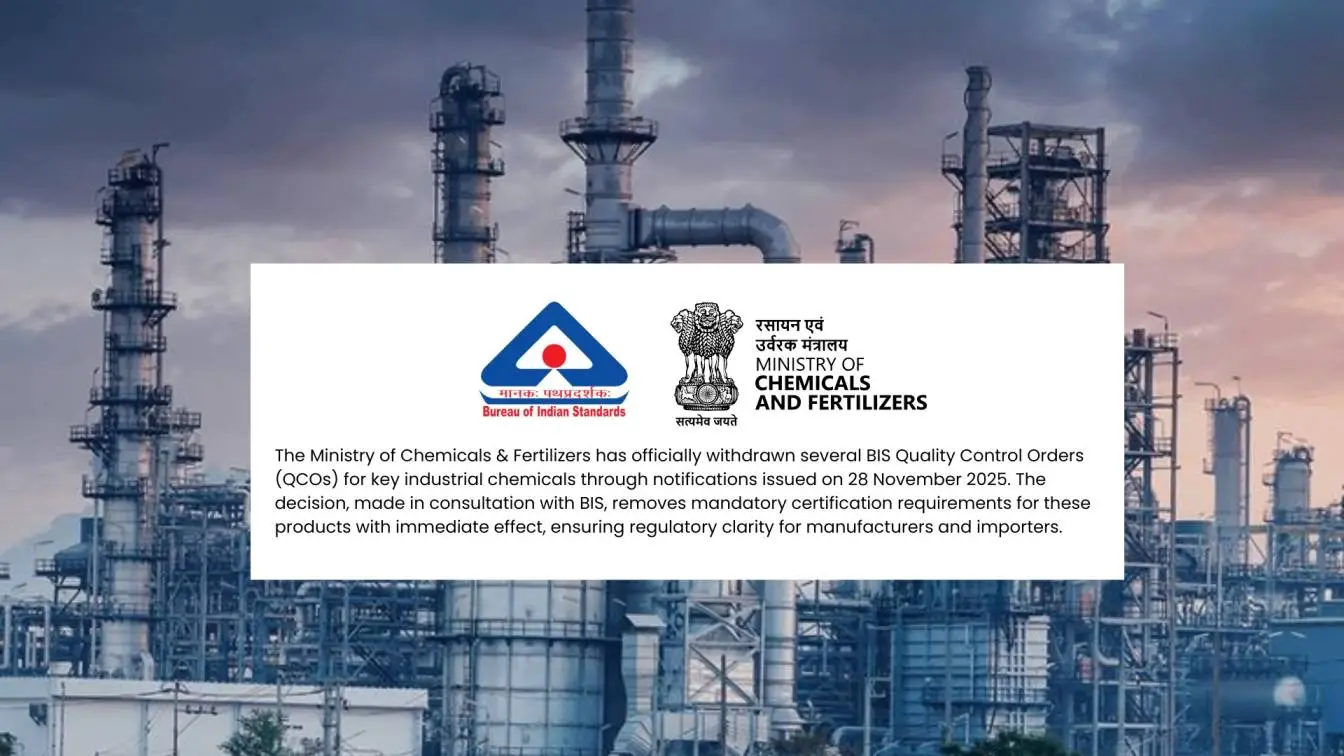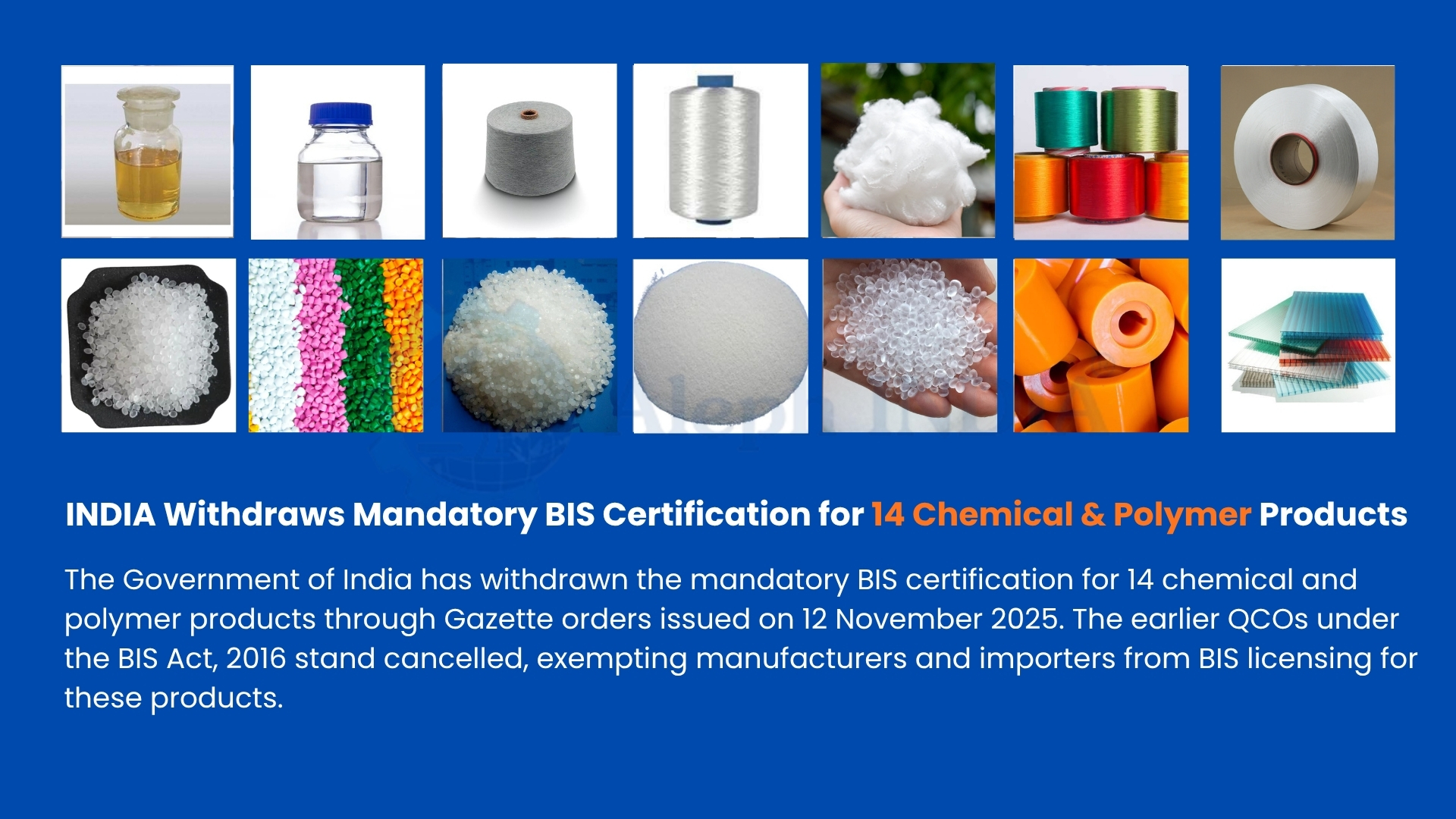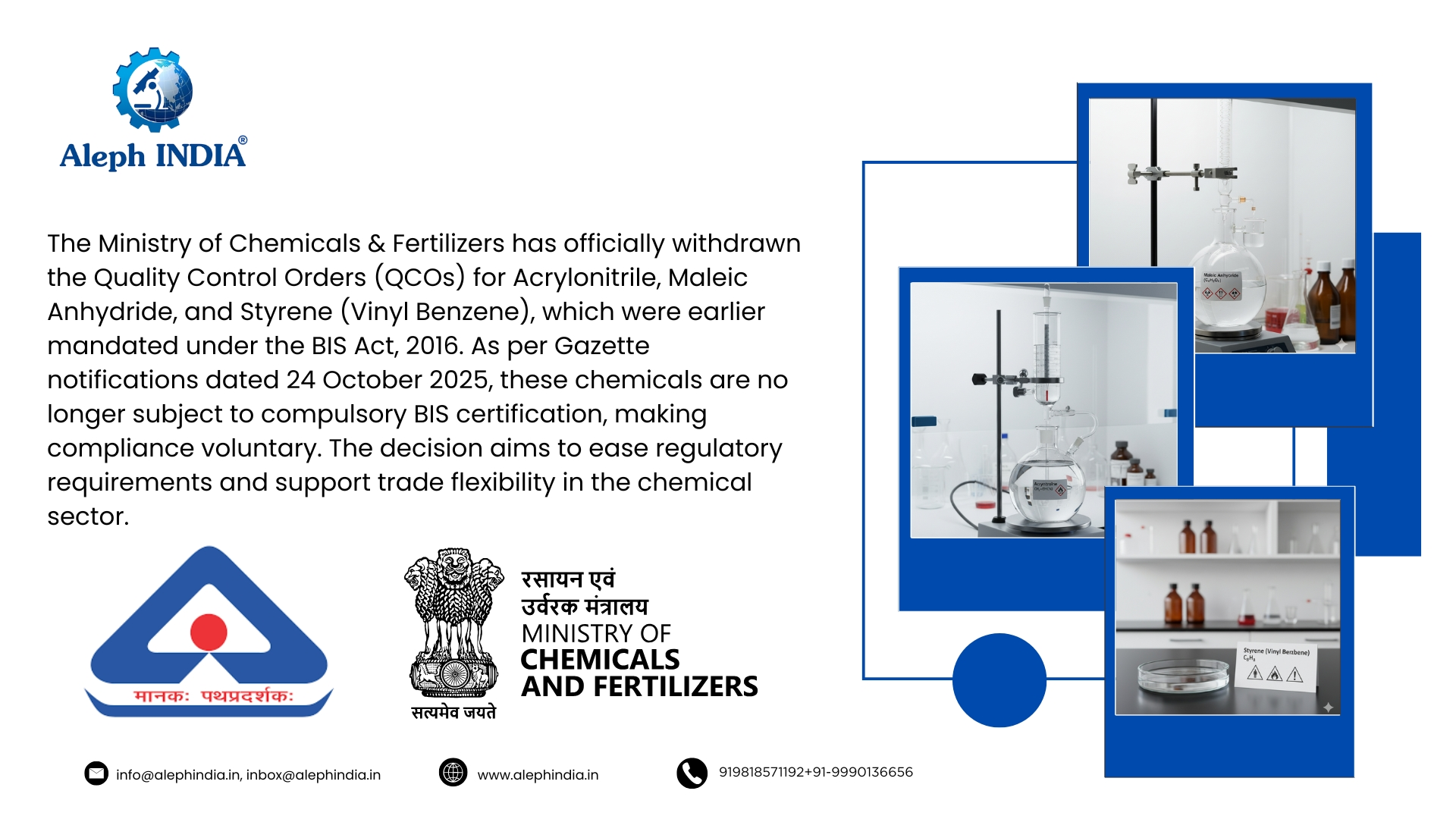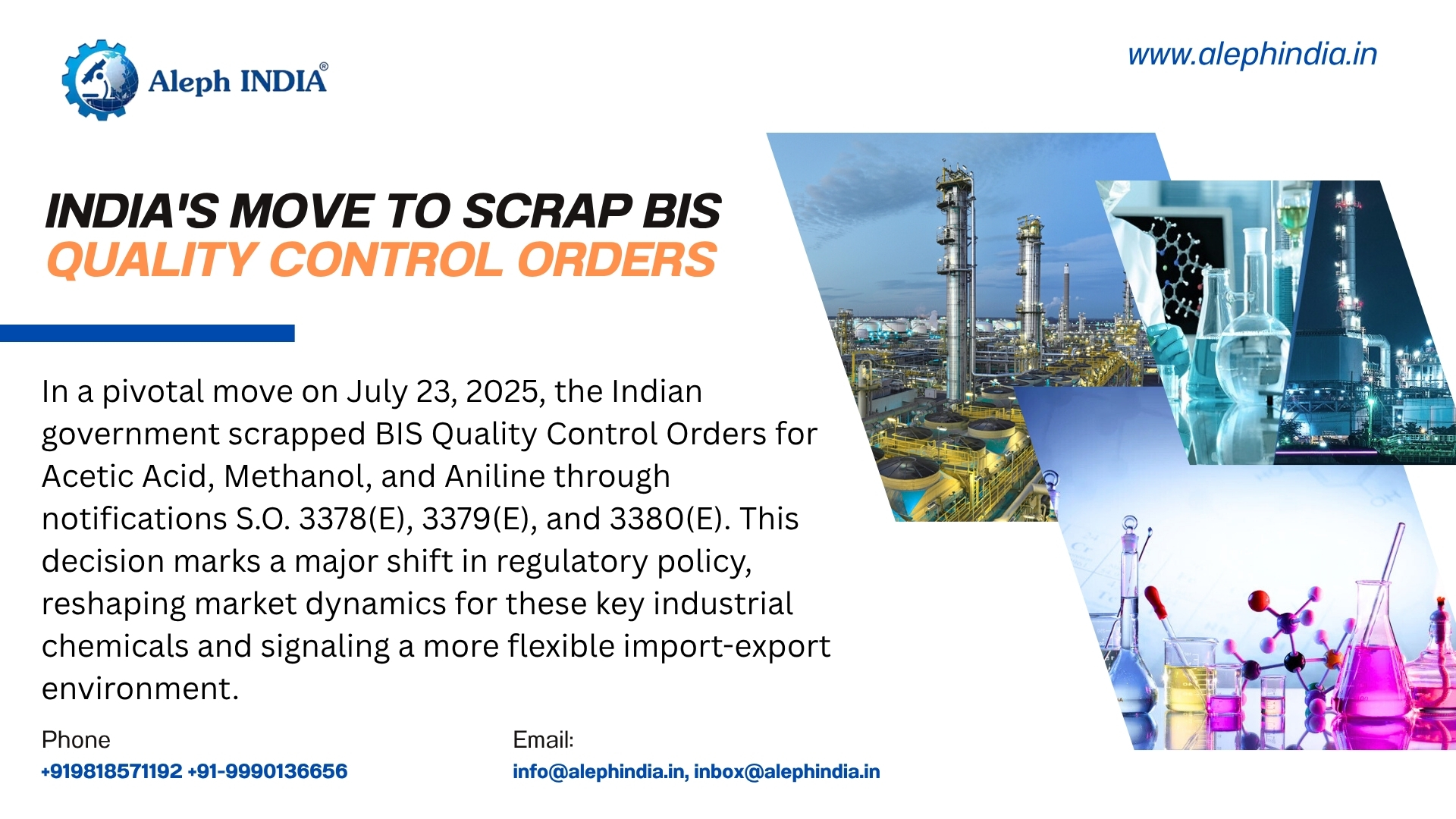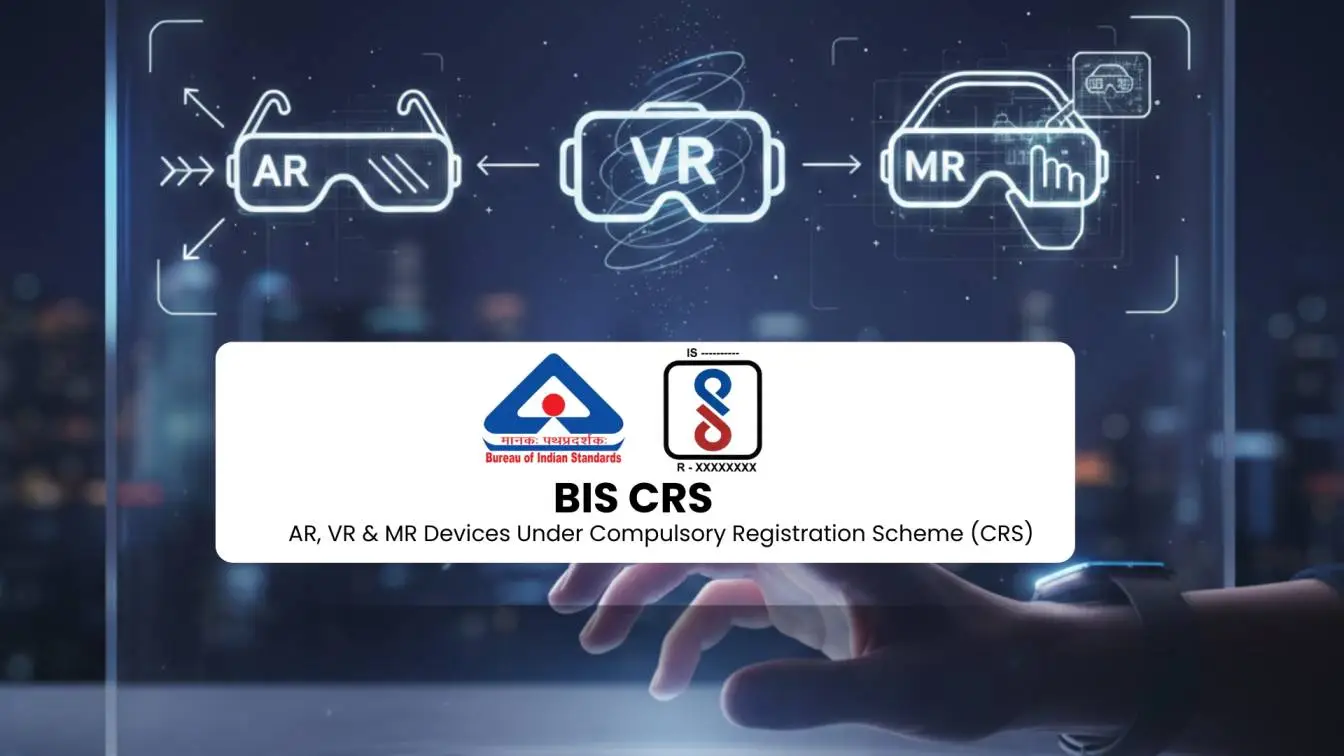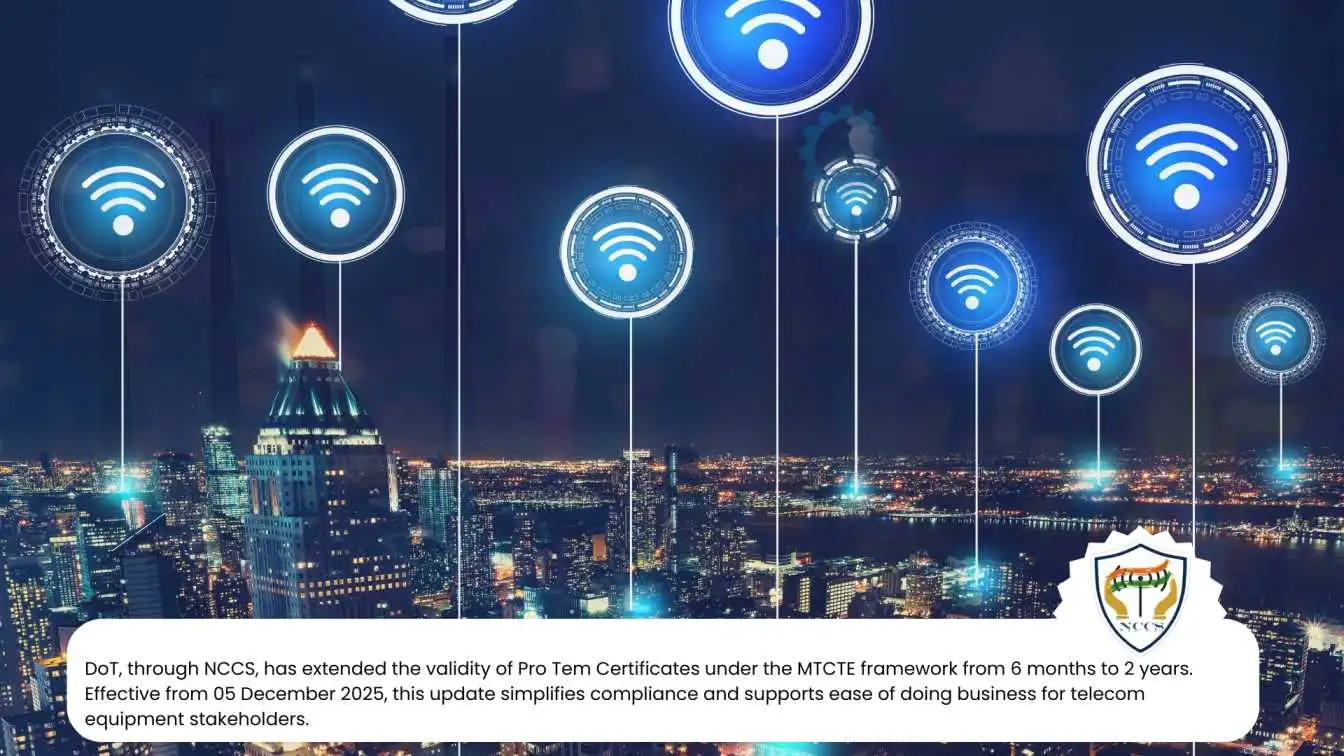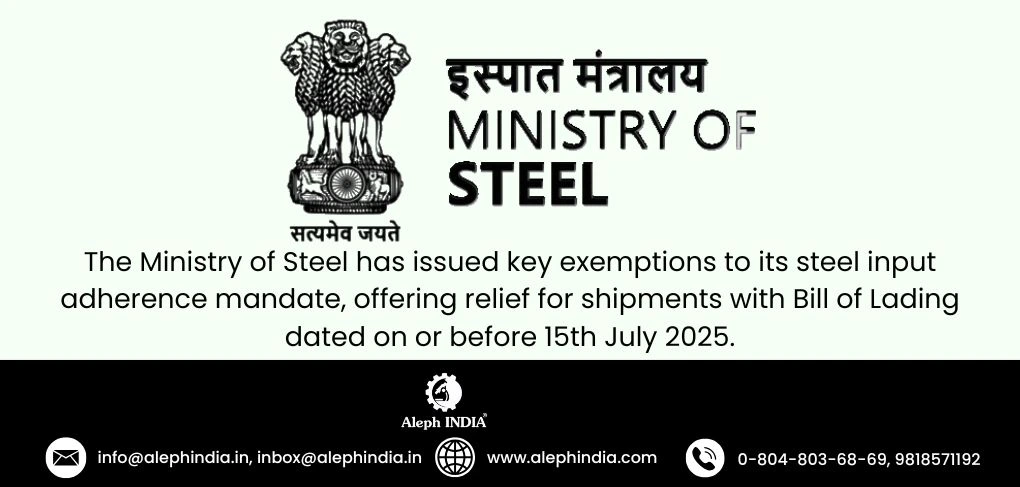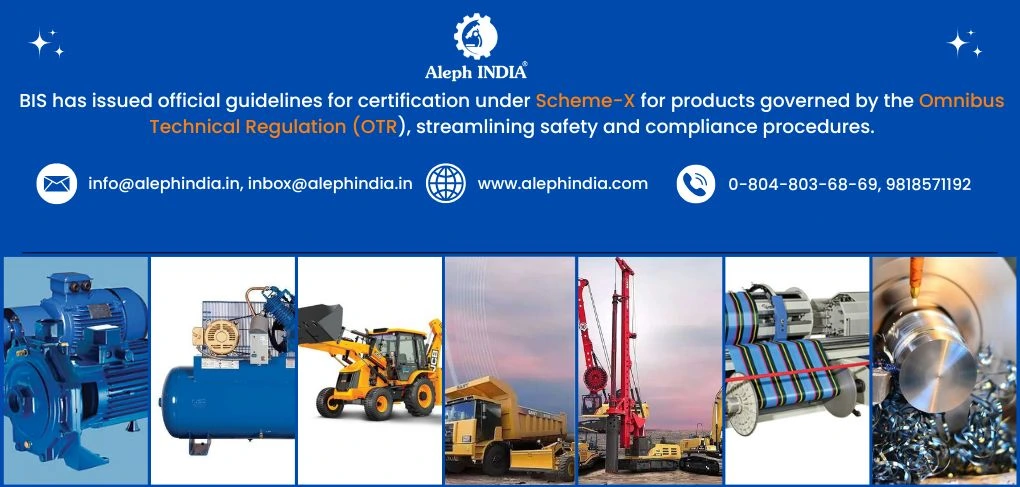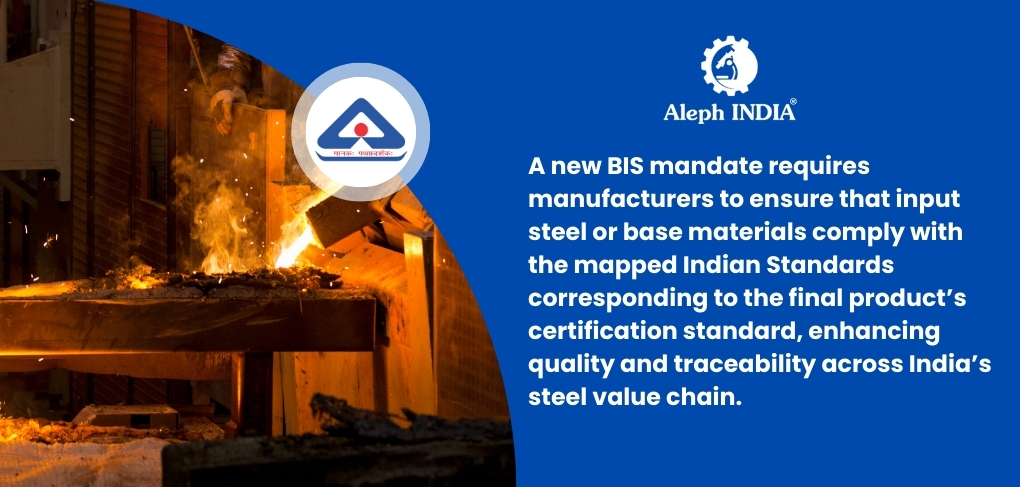- HOME
- ABOUT US
- SERVICES
-
LICENCE & CERTIFICATION
- BIS (ISI MARK) FOR FOREIGN MANUFACTURERS
- DOMESTIC PRODUCT CERTIFICATION (ISI MARK)
- BIS SCHEME X CERTIFICATION
- BIS CERTIFICATE OF CONFORMITY (CoC)
- BIS HALLMARKING
- REACH CERTIFICATION (GLOBAL)
- LABORATORY RECOGNITION SCHEME (LRS)
- WORLD MANUFACTURER IDENTIFIER (WMI) CODE
- ECO MARK
- TAC APPROVAL FOR AUTOMOBILE
- PESO CERTIFICATION
- SASO CERTIFICATION
- CDSCO CERTIFICATION
-
REGISTRATION
- BIS (CRS) REGISTRATION FOR ELECTRONIC PRODUCT
- WPC-ETA APPROVAL
- BEE CERTIFICATION
- E-WASTE MANAGEMENT (EPR)
- EPR REGISTRATION FOR PLASTIC WASTE MANAGEMENT
- EPR REGISTRATION FOR BATTERY WASTE MANAGEMENT
- EPR REGISTRATION FOR USED OIL
- LEGAL METROLOGY (LMPC)
- TEC/MTCTE APPROVAL
- CE CERTIFICATION
- UL CERTIFICATION
- ROHS LICENCE
- DRONE REGISTRATION
- MOEF LICENCE
-
AUXILIARY
- STANDARDIZATION (SCIENTIFIC) DIVISION
- TRAINING SERVICES (NATIONAL & INTERNATIONAL)
- IMPORT/EXPORT LICENCE
- FSSAI CERTIFICATION
- MSME/SSI/NSIC REGISTRATION
- ISO REGISTRATION
- BRAND REPRESENTATION
- LABORATORY EQUIPMENT AND SETUP
- TRADEMARK REGISTRATION
- MAKE IN INDIA SUPPORT
- AG-MARK LICENCE
- THIRD PARTY INSPECTION AND MONITORING SERVICES
-
- PORTFOLIO
- UPDATES
- CONTACT
- LOGIN
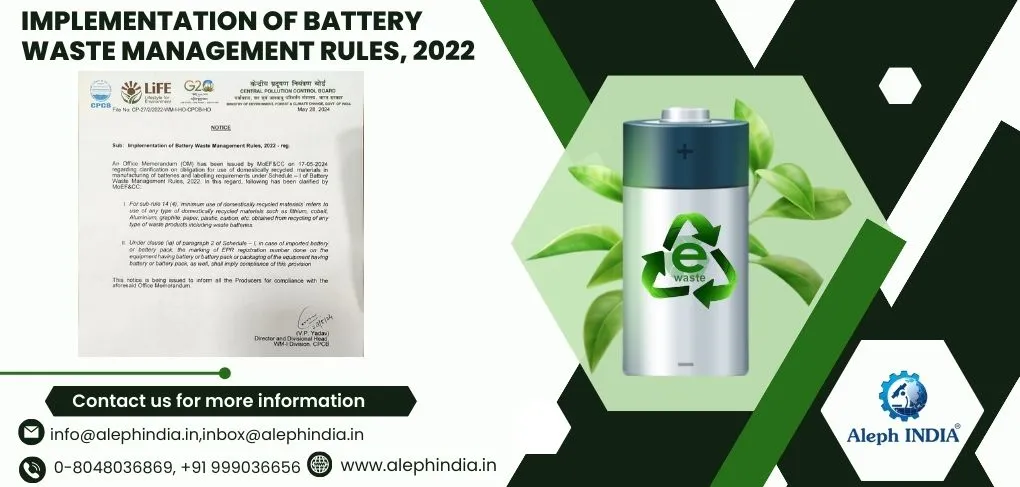
Clarifications on Battery Waste Management Rules 2022
Guiding Producers Towards Compliance
In a significant move to foster sustainable practices within the battery manufacturing industry, the Central Pollution Control Board (CPCB) has issued a crucial notification. This notification clarifies the obligations for using domestically recycled materials in battery production and outlines the labelling requirements under the Battery Waste Management Rules, 2022, as detailed in the Office Memorandum from the Ministry of Environment, Forest & Climate Change (MoEF&CC) dated May 17, 2024.
Promoting Domestic Recycling: Key Clarifications
-
Utilization of Domestically Recycled Materials
According to sub-rule 14(4) of Rule 4 under the 'Functions of Producers,' the term "minimum use of domestically recycled materials" encompasses a wide array of recycled components such as lithium, cobalt, aluminium, graphite, paper, plastic, and carbon. These materials can be sourced from the recycling of any waste products, including waste batteries.
-
Labelling Requirements for Imported Batteries
Clause (ia) of paragraph 2 of Schedule I stipulates that for imported batteries or battery packs, the marking of the Extended Producer Responsibility (EPR) registration number on the equipment containing the battery, or on its packaging, will suffice to meet compliance requirements. This simplifies the process for producers and ensures clarity in labelling.
-
Detailed Notification Insights
-
Rule 4(14) - Functions of Producers: Producers must ensure the inclusion of domestically recycled materials in the manufacture of new batteries as specified in sub- rule 14(4) of Rule 4.
-
Schedule I - Labelling Requirements: By March 31, 2025, all batteries or battery packs must be appropriately marked with the EPR registration number issued under Rule 4.
-
Compliance Made Clear
The term "minimum use of domestically recycled materials" includes essential elements like lithium, cobalt, aluminium, graphite, paper, plastic, and carbon, all derived from recycling various waste products, including batteries. For imported batteries or battery packs, the EPR registration number marked on the equipment or its packaging is sufficient to meet labelling requirements.
Conclusion: A Step Towards Sustainable Manufacturing
This notification, approved by the Competent Authority, underscores the commitment of the CPCB and MoEF&CC to promoting sustainable and responsible manufacturing practices. By clarifying these critical aspects of the Battery Waste Management Rules, 2022, stakeholders are better equipped to align with environmental standards, contributing to a greener future.
For further details and compliance guidelines, producers and stakeholders are encouraged to review the full notification and ensure timely adherence to the updated rules. Let's work together to enhance sustainability in the battery manufacturing industry.


